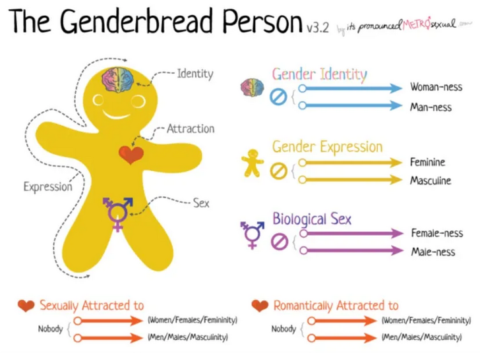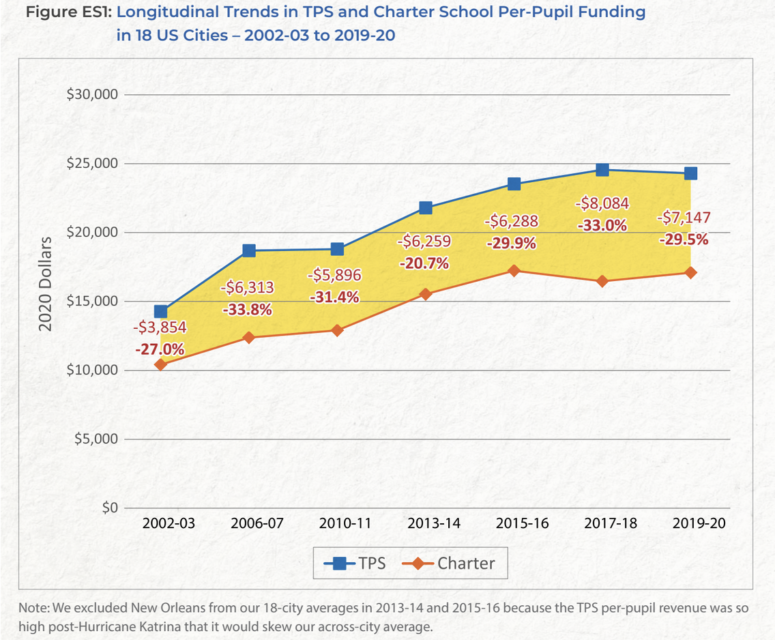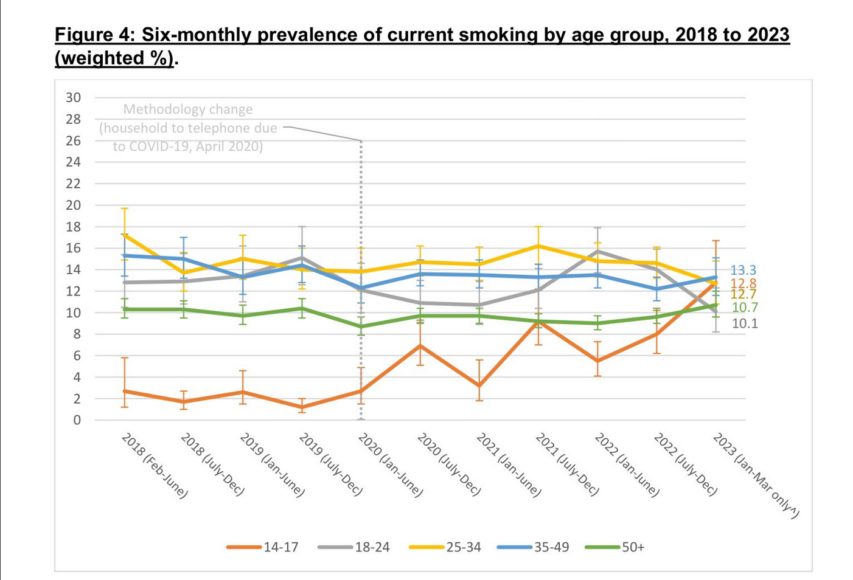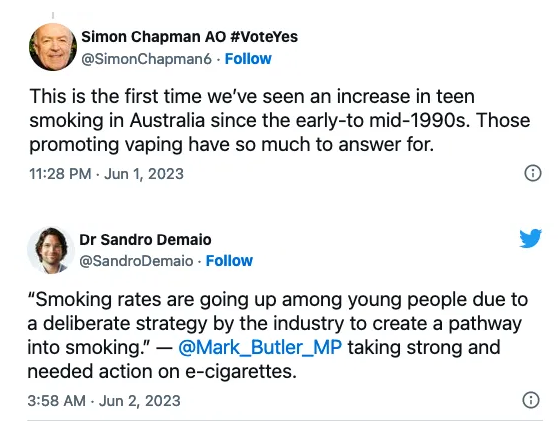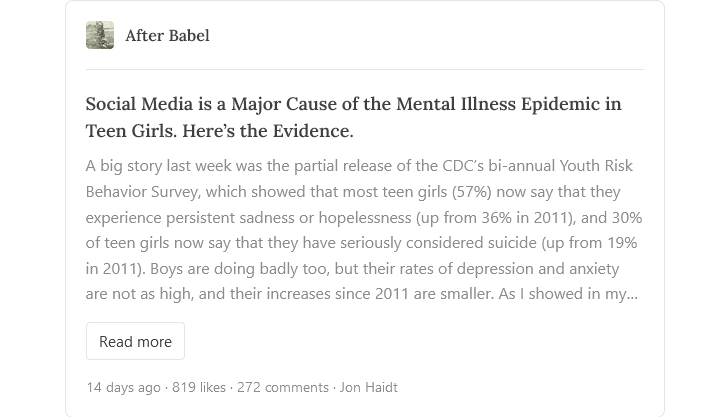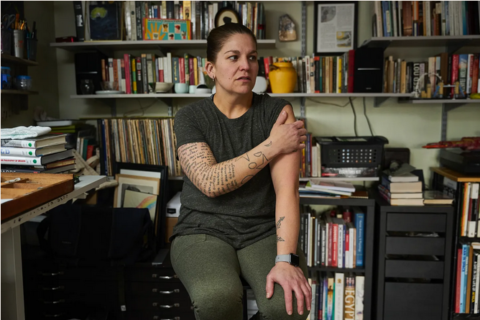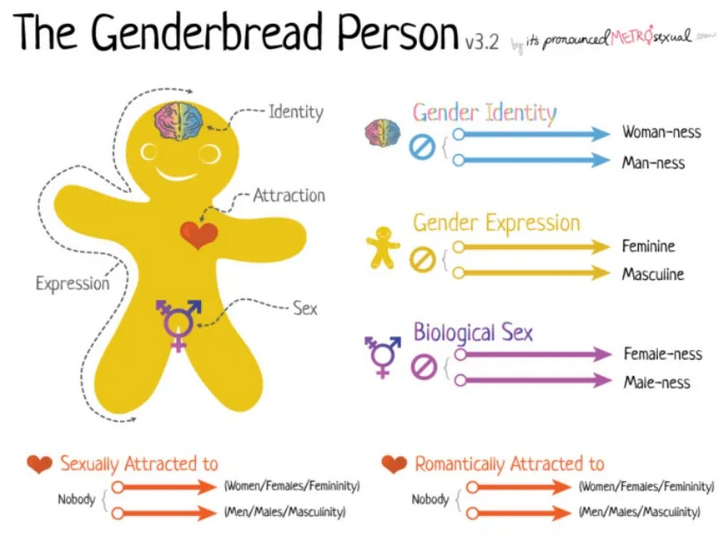In the free-to-cheapskates segment of The Line‘s weekly round-up post, they discuss the suddenly “brave” Conservative provincial premiers jumping onto a hot culture war topic on the side of the vast majority of Canadians:
New Brunswick now has Policy 713, that requires teachers or school officials to notify parents and obtain consent if a child younger than 16 wishes to change his or her name or pronouns. Saskatchewan has announced a similar proposal; Ontario is considering one, too.
The Line looks upon these proposals with extreme skepticism. To be frank, we wish the provinces weren’t doing this. We think it’s strategically misguided: every moment a Conservative spends defending “parental rights” is a moment in which they are not talking about highly salient economic issues that affect far more people. Further, we don’t trust their motives. Either they’ve decided to pick this fight because they thought parental consent was going to be a winner for them, or they simply felt pushed into it by the more excitable elements of their respective bases. (We assign a probability assessment of absolute zero to the notion that the leaders might be doing this out of moral conviction.)
So yeah, it’s cynical and exploitive policy, but gosh, is it ever popular policy, too. Polling shows it’s like 80-per-cent approval popular.
Because of course it is.
Again, we stress that we don’t support the imposition of sweeping legislation. Absent evidence of abuse or mismanagement, we think parental notification of social transition should be handled on a case-by-case basis. In the midst of a moral panic on trans issues, we’d prefer to keep politicians as far away from this third rail as possible, with long pointy sticks and cages if necessary.
However, we also recognize that cynicism cuts both ways. We have also borne witness this week to some hysterical rhetoric from those who seem to seriously believe that schools should be forbidden from sharing this information, if the minor in question so chooses.
These people are in the minority, as we suggested above. The polling shows that the “Teachers should tell parents” people outnumber the “Teachers must not tell parents” folks by something like four-to-one. This is the kind of lopsided result you almost never see on contentious policy issues — the numbers are what we would expect if we asked Canadians “Is ice cream tasty?” or “Do you enjoy cuddling a puppy?” And of course this is so. Parents are, generally speaking, not going to have a whole lot of time for the suggestion that children will be better off if the state, at any level, adopts a policy of withholding information from them.
We don’t support what the conservative premiers are doing, because we think they’re doing it for cynical reasons, but we would absolutely oppose any policy that goes in the opposite direction. And the majority of the country — a massive supermajority — is onside with us on this one.
There are no easy answers here, because we do not dismiss the concerns raised by the minority. We absolutely agree and accept that there are going to be families and parents that may react badly, even dangerously, to their child changing their name or pronoun. But the answer isn’t to involve teachers and schools in a coverup; it’s to have policies in place that give any child that may fear for their safety all the help they need, including, if necessary, intervention. To this end, we would note that teachers are mandatory reporters — they must report a variety of issues (or concerns) because society has learned through tragedy and horror what happens when parents and other guardians are excluded from knowing details of their child’s life. If teachers have reasonable grounds to suspect abuse, mental health issues and more, they are legally required to inform authorities and families. Limiting their ability to inform parents would cut against this necessary and overdue progress. Further, we have already passed laws banning “conversion therapy.”
Your Line editors support the right of trans people to live lives of legal equality, safety and dignity, and we honestly believe that most Canadians would agree with us on that. We also note that the rising tide of trans activism has raised complicated concerns that exist at the edges of reasonable accommodation, and must necessarily raise thorny concerns about how we manage competing rights between disadvantaged people. Can minors consent to puberty blockers and cross-sex hormones? Is it fair to allow trans women who enjoy the permanent physical advantages bestowed by male puberty into female athletics? When should trans men be permitted in women’s prisons and shelters, if ever? These questions demand a thoughtful and nuanced response. They don’t disappear the moment someone screams “trans women are women!” and threatens to kill that bigoted TERF J.K. Rowling. They aren’t resolved by hysterics and warnings of suicide.
By staking out maximalist positions on the most difficult topics, and granting no ground for concession and compromise, trans-rights activists have polarized their own cause. Shouting down critics worked for a while, but the pendulum is now rapidly swinging back to the plumb line. Labelling every concerned parent a transphobe is tired and played out. It’s failing as a strategy of persuasion. Which brings us to the current moment; the place of four-to-one support for cynical policies proposed by conservative premiers. Keep it up, and we suspect it’ll be nine-to-one in short order.
Backlashes are rarely measured, sane, or logical, and we fear this one is already teasing out some very dark and long-repressed demons, even among people who once counted themselves allies of LGBTQ people and causes. We are seeing this backlash in a rise in hate crimes, growing counter-protests, and in a decline in support for LGBTQ people generally. And, yes, we are seeing it in in heavy-handed and misguided legislation both here and in the U.S. We aren’t arguing that any of this is justifiable; rather, we are merely noting that it has long been inevitable and predictable. We were warned.
One of the only real questions we have is how self-styled progressive parties and leaders are going to navigate trans issues when the population is very much not on their side. We talk a lot about how the conservatives are beholden to the most vocal minorities within their parties; but we fear that the progressives suffer the same fundamental problem.
We’d like to think that the Liberals and the NDP will handle trans issues maturely, responsibly and well. But we know better. They’ll go all in, setting everyone up for a very nasty confrontation that we think they’ll lose, and badly. Brace yourselves, friends.

